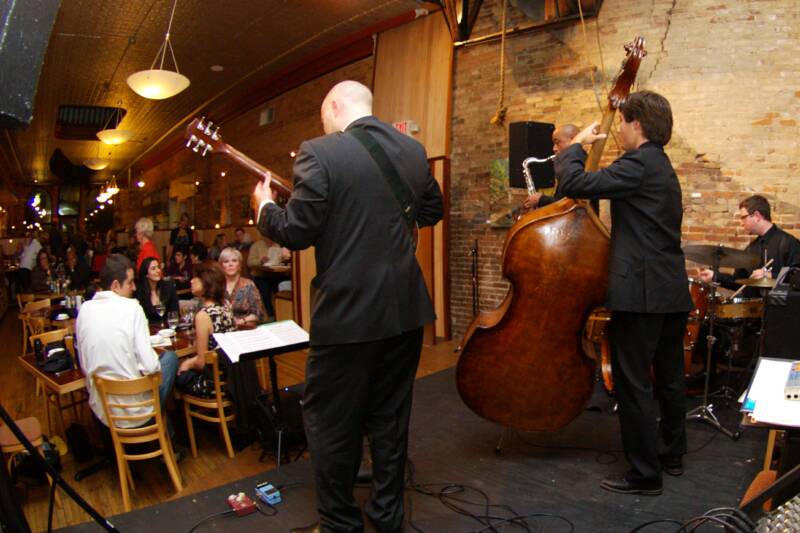

The creation of the National Guard, which swallowed up the old state militia units, represents a case in point. Violations of American neutrality, sympathy for Britain and France, based largely on strong cultural and historic ties, the diplomatic blunderings of the Germans, and economic considerations congealed, and President Woodrow Wilson, a pacifist at heart, led his country into the first global war of the twentieth century.ĭuring the Progressive era, as local and regional economies gave way to the national and international organizational structure of corporate America, a pronounced alteration in federal-state relations occurred. The principal European nations had been engaged in military conflict since 1914, but the United States managed to avoid direct involvement until 1917. Tennesseans shifted their attention from politics and prohibition to foreign affairs and distant battlegrounds. The faraway assassination of the Austrian Archduke Franz Ferdinand in Sarajevo and the chain of events it set in motion, culminating with World War I, eventually reached into the rural communities and remote villages of the Volunteer State. By 1917, however, ominous developments overseas could no longer be ignored.

Correcting the ills of an American society struggling to make the transition from a rural past to an urban future, Tennesseans as well as other Americans concentrated on domestic issues while international relations commanded less attention. This was Progressivism at high tide, but the philosophy that shaped it and the ideas that undergirded it spilled over at either end of its loosely established chronological boundaries. Embracing reformism at home and imperialism abroad, Americans of this era, on the domestic front and in foreign affairs, set the nation’s future course.

Memorial Contributions may be made to Alive Hospice.During the interlude marked by the end of the depression of the 1890s and the entry of the United States into the First World War in 1917, Tennesseans as well as other Americans entered the twentieth century. A private family memorial will be held at a later date in Mississippi, and burial will be at Evergreen Cemetery in Ocean Springs, MS. The family wishes to thank the caregivers of Vanderbilt Home Health for their loving assistance the past two years, and to further thank Alive Hospice for their tender care and support of our father during his final days. He received numerous awards and recognition over his career, including a national IR100 New Technology Award for his part in the development of an environmentally friendly process to Recover Silver from Photo Wastes. He worked as a Research Chemist at Oak Ridge National Laboratory for 30 years. Posey received his Bachelor of Science from Millsaps College in Jackson, MS, and his Master of Science and PhD in Chemistry from the University of Chicago in Illinois. He is survived by his daughter Catherine Posey of Nashville, TN, son Michael Posey of Nashville, TN, daughter Joyce Posey Rust (Brad) of Hartsville, TN, and grandchildren Laura Bruce (Dustin), Ian Rust, Dylan Rust (fiancé Carmen), Franz Rust, Alma Rust, and great-granddaughter Jocelin Bruce. He was predeceased by his wife of 60 years, Linda Langdon Posey, and by his parents Cleo Marie Brooks Posey and James Virgil Posey. He was born January 10, 1930, in Jackson, MS, and died April 15, 2021.

Posey, Age 91, passed away peacefully at home with his family in Nashville, TN.


 0 kommentar(er)
0 kommentar(er)
